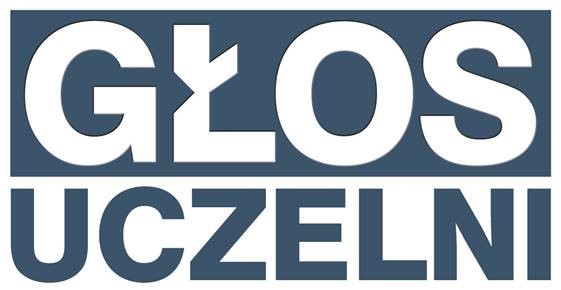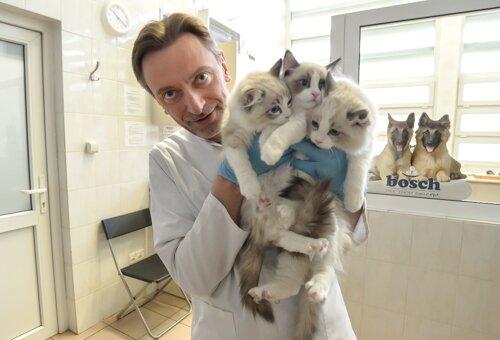
A cat named Maja gave birth thanks to… UPWr
The first successful and scientifically decribed procedure of artificial insemination of a cat in our part of Europe - specialists of Department of Reproduction and Clinic of Farm Animals have achieved huge success.
Artificial insemination of cats is an assisted reproductive technology which is not often used – mainly due to the anatomical construction of these animals and the resulting technical difficulties. When, therefore, such a procedure successfully produces litter, it is considered a success. And such a success was achieved by the Department of Reproduction and Clinic of Farm Animals, and, to be more precise, the Wrocław Semen Bank of Companion and Wild Animals. This is the first successful and scientifically recorded procedure of such kind in this part of Europe.
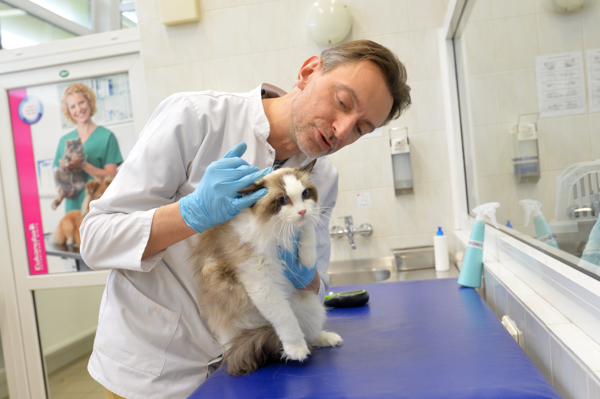
- The Ragdoll cat came to us in August. She comes from a breeding centre and has already had two litters but during the third one some problems occurred. She was diagnosed with ovarian cyst which was successfully treated but the tomcat was not interested in mating. That is why, after all necessary examinations, we took semen from him in a manner very comfortable to him – after medication. Our tomcat fell asleep and while sleeping, he released semen on his own – says professor Wojciech Niżański, the head of the Reproduction Department.
Nowadays, inseminations are successfully used in cattle, dogs and horses. With cats it is just the beginning of the road.
Mammals, like people, have problems with reproduction. They live in the same environment as us and are affected by the same changes influencing the quality of semen and egg cells. Hence the idea to apply assisted reproductive techniques, such as in vitro fertilization of artificial insemination, to wild and companion animals – explains professor Niżański and adds that the Wrocław clinic now possesses semen, oocytes and fibroblasts of 16 wild felines and gametes of many domestic cat races. This is a truly unique bank.
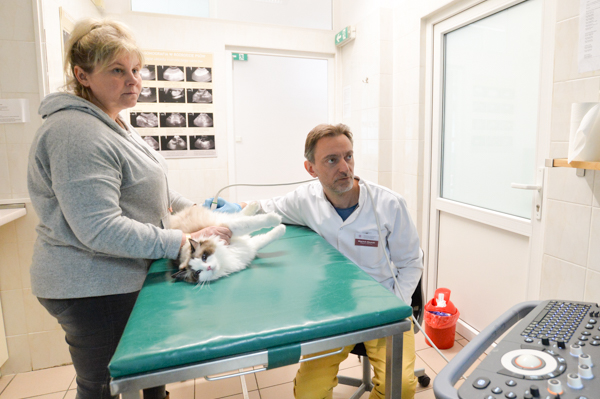
Professor Niżański and Sylwia Prochowska PhD stress the fact that there are many legal regulations governing obtaining and storage of such semen: it has to be approved by veterinary services, as well as the ministry, and, under the CITES convention, the semen of endangered species cannot be sold or taken out of the country.
- However, we are preparing an international project which will enable us to exchange and coordinate obtaining material from wild felines all over Europe – without this we would narrow the gene pool. Populations of endangered species living in our country – such as the bobcat – are limited and it affects reproduction and health of next generations – explain the scientists of UPWr, adding that the Wrocław centre is already holding talks with French and Italian institutions which are supposed to lead to setting up a centre where research results could be shared and scientists could cooperate.
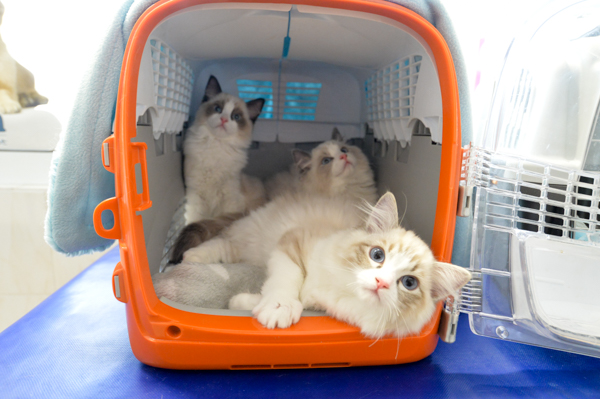
Maja – a Ragdoll cat was brought to the clinic by Wioletta Torebko. – I brought her at the request of my friend, a breeder from Szczecin, as no centre in Poland was prepared to perform the insemination – says Ms Torebko, who came to the clinic to vaccinate kittens from the litter born on 4th November.
Altogether, five kittens were born, but two of them had too low birth weight and did not survive. However, Tosia, Tina and Tiger are perfectly fine and they were looking around the surgery with great interest while Professor Niżański and Doctor Prochowska examined their mum. It turned out that Maja, being in the lactation period, was pregnant by a different tomcat. An ultrasound scan showed one cat foetus.

- Such impregnations despite lactations happen with cats, but also our cyst therapy could have been so effective that it stimulated hormonal activity of our cat and there will be a next kitten – professor NIżański and doctor Prochowska cannot hide their joy. It must be mentioned that the father is not the same cat as the one from whom the semen had been obtained.
In Europe, there are only a few centres specializing in assisted reproductive methods of felines. They are located in countries such as Belgium, France or Germany. And in Wrocław, Poland.

